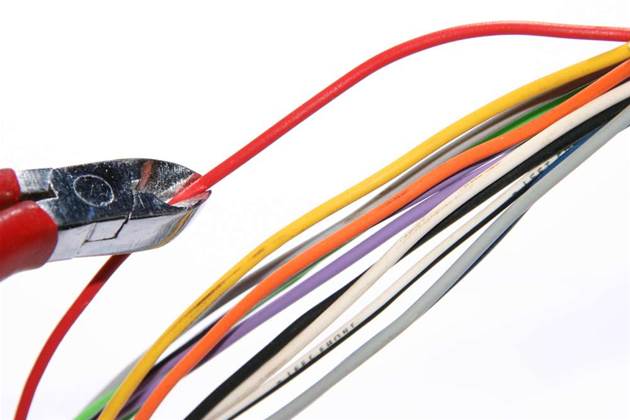Howls of IT industry protest may have alerted the wider community to the Federal Government's plans to filter the internet, but it was diplomacy that secured the delay in its implementation.

In orchestrated press releases last Friday, Communications Minister Senator Stephen Conroy and the ISP industry finally found common ground after arguing over the filter since last December, when he mooted changes to the Broadcasting Services Act, due to be amended next month.
The Government will delay the passage of the filter bill and review 'Refused Classification' category - the basis by which a blacklist of sites would be formed. And the industry agreed to a voluntary code of practice to block child pornography.
Politically, it is a master stroke for both groups.
"The beauty of the agreement is that it has given hope to both sides," a source close to the agreement and speaking on condition of anonymity told iTnews, "The appeal is that it is neutral - everyone thinks they got something."
For the Government, it takes the contentious filter off the agenda in the lead-up to a federal election that could come as soon as late August.
This allows Senator Conroy to focus his energy on positives such as the rollout of the National Broadband Network. The Government may now no longer need to attempt to pass enabling filter laws or be held responsible if flaws emerge in its plan.
For conservative lobby groups such as the Australian Christian Lobby, the prospect of the RC category being reviewed almost sounds like good news - the door was left open for the RC category to be expanded to include other content.
And, for the industry, there is the year's delay and the chance of a more moderate approach from Senator Conroy.
A voluntary code was always the industry's preference. And the filtering of a narrower category of sexual exploitation of children is a far better option than the wider scope of RC.
Peter Coroneos, chief executive officer of the Internet Industry Association said the delay was "welcome breathing space" for the industry.
He believed the RC review and voluntary code will serve to take the political heat out of the filter issue.
Coroneos said the compromise was a "collective effort" after months of discussions but decided only the day before the announcement.
Care was taken to keep negotiations out of the press: "By last week, people in the industry saw that the timing was good to pitch a more productive way forward".
Coroneos said that Telstra, Optus and Primus - who have signed up to the voluntary code - represent 70 percent of Australia's broadband subscribers.
"Seventy percent is not a bad starting point - we obviously want to build on that. I am pretty confident that soon we'll get to 90 percent of the industry," he said.
Coroneos said that it was a "matter for ISPs" as to whether they accept the code but that it was in their best interests.
The code "provides a much more attractive option to the industry than what they would have faced otherwise," he said.
The industry "now has an opportunity to demonstrate the industry's preparedness" to self-regulate, he said.
"If we can achieve good policy objectives through self-regulation - that is a far better outcome than legislation. If we can have industry players committed, rather than doing something against their will, we can avoid the negative consequences of legislation."
For now, it has bought the industry time.


_(23).jpg&h=140&w=231&c=1&s=0)
_(20).jpg&h=140&w=231&c=1&s=0)







 iTnews Executive Retreat - Security Leaders Edition
iTnews Executive Retreat - Security Leaders Edition
 iTnews Benchmark Awards 2026
iTnews Benchmark Awards 2026
 iTnews Cloud Covered Breakfast Summit
iTnews Cloud Covered Breakfast Summit
 The 2026 iAwards
The 2026 iAwards











_(1).jpg&h=140&w=231&c=1&s=0)



